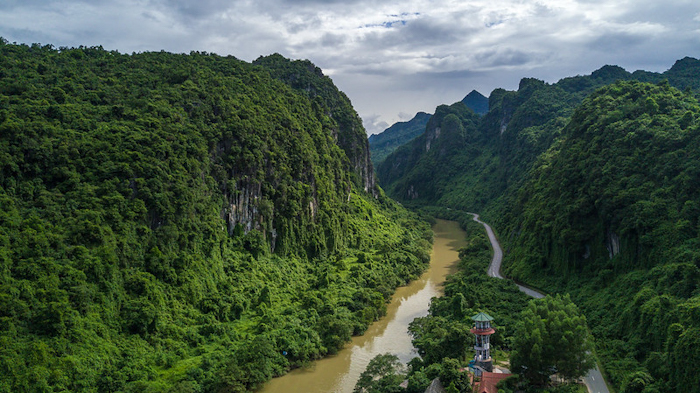
The Phong Nha-Ke Bang National Park in Viet Nam offers nature-discovery tours and adventures. The GMS Sustainable Tourism Development Project supported tourism businesses operated by local people around the National Park. Photo by ADB.
Countries in the Greater Mekong Subregion are working together to promote the subregion as a single destination for international visitors and encourage communities to enhance the environmental, social, and economic benefits of tourism.
The Tourism Working Group (TWG) provides operational leadership and technical guidance to plan, implement, monitor, and evaluate subregional activities.
In September 2017, ministers from the six member countries of the Greater Mekong Subregion (GMS) endorsed the GMS Tourism Sector Strategy 2016-2025 to enable more competitive, balanced, and sustainable destination development. The Strategy sets out five strategic directions: (a) develop human resources, (b) improve tourism infrastructure, (c) enhance visitor experiences and services, (d) conduct creative marketing and promotion activities, and (e) facilitate regional travel.
Work of the GMS tourism working group has included marketing sustainable and pro-poor tourism in the subregion through the development of multi-country tour packages; training government officials and people working in the tourism industry; producing local products for sale to tourists; and preserving the ecological and cultural heritage of key tourist sites in the subregion.
The GMS Economic Cooperation Program Strategic Framework 2030 (GMS-2030) builds on the current Tourism Strategy directions. Since the subregion’s tourism industry has been severely impacted, the GMS-2030 will promote recovery efforts, such as intraregional tourism. Over the long term, GMS-2030 will support the development of higher value-added and secondary destinations, as well as strengthen human capital, connectivity infrastructure, public–private linkages, and environmental sustainability. GMS-2030 was endorsed and adopted at the 7th GMS Summit of Leaders in September 2021. It aims to provide a new setting for the development of this subregion for the next decade.
Related
• Greater Mekong Subregion Tourism Sector Strategy 2016-2025
• Mekong Tourism Coordinating Office website
Focal Persons at the Asian Development Bank
Steven Schipani
Water and Urban Development Sector Office
Sectors Group
Dee Suvimol Thanasarakij (Ms.)
Executive Director,
Mekong Tourism Coordinating Office
www.mekongtourism.org
Other Concerned Staff & Consultants
Zulfia Karimova, EAPF
Regional Cooperation and Integration Unit
Central and West Asia Department
Mark Bezuijen
Agriculture, Food, Nature, and Rural Development Sector Office
Sectors Group
Asadullah Sumbal
Regional Cooperation and Integration Unit
Southeast Asia Department
Alma Canarejo
Regional Cooperation and Integration Unit
Southeast Asia Department/GMS Secretariat
Send inquiries to GMS Secretariat.

The Phong Nha-Ke Bang National Park in Viet Nam offers nature-discovery tours and adventures. The GMS Sustainable Tourism Development Project supported tourism businesses operated by local people around the National Park. Photo by ADB.
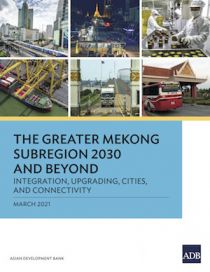
This publication provides an analysis of key challenges and opportunities for the Greater Mekong Subregion (GMS) to realize its development goals by 2030 and beyond.
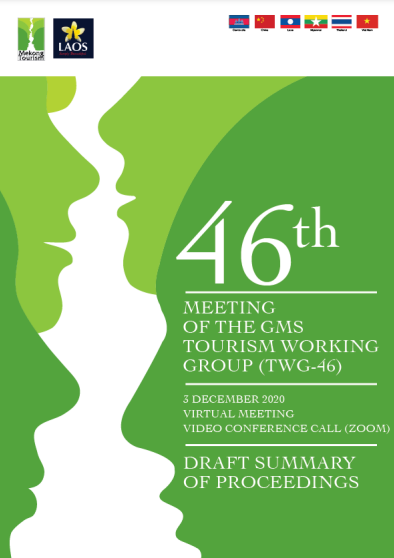
The Greater Mekong Subregion Tourism Working Group held its 46th meeting virtually on 3 December 2020.
Real-time data is critical for reopening borders, managing destinations, and for the industry to build back better from the crisis.
The Governments of Lao PDR and Viet Nam will upgrade the Dakta-ok-Nam Giang border crossing between Sekong (Lao PDR) and Quang Nam (Viet Nam) provinces to international status, with the Sekong province opening its first international border crossing on 24 March. This upgrade will further ease the movement of goods and people between the two countries, and shorten the distance between Thailand and Viet Nam via the southern Lao PDR route by more than 100 kilometres.
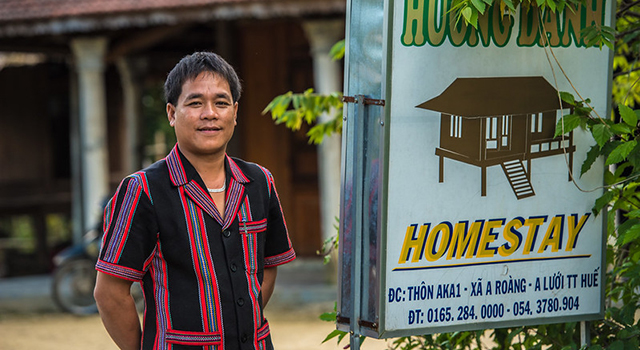
The Greater Mekong Subregion Sustainable Tourism Development Project funded by ADB developed homestay service, catering services and tours in Viet Nam. Photo by ADB.
The Mekong Tourism Coordinating Office (MTCO) is inviting the public to vote for their favorite Greater Mekong Subregion (GMS) small businesses to determine the six final businesses that will be recognized for the 2021 Experience Mekong Showcases. The public gets to learn about and choose from the 72 finalists from the Experience Mekong Showcases voting page.
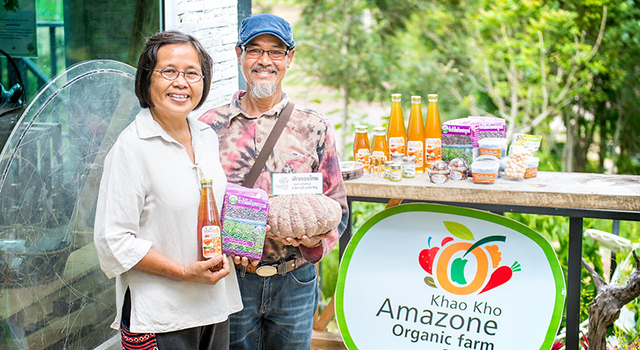
Photo by ADB.
Nominations are now open for the 2021 Mekong Hero. Launched in 2020 by the Mekong Tourism Coordinating Office (MTCO) and Destination Mekong, the ‘Mekong Heroes’ program aims to celebrate passionate individuals in Mekong tourism who work tirelessly behind the scenes to inspire and influence, modeling new ways of conceiving and doing tourism better. Nominees could be CEOs or senior government officials, or they might be entrepreneurs or small business owners -- leaders that have made a significant contributio
The Asian Development Bank (ADB) and its partners will collectively zero in on strategies and policy responses that countries can adopt to lay the groundwork for post-COVID-19 recovery at the upcoming Southeast Asia Development Symposium (SEADS) Innovation through Collaboration: Planning for Inclusive Post-COVID-19 Recovery.
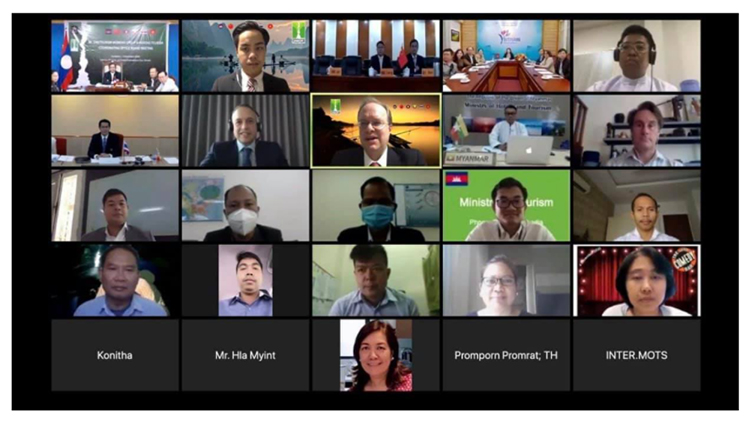
Photo by the MTCO
The Government of Lao People’s Democratic Republic (PDR) with assistance of the Mekong Tourism Coordinating Office (MTCO) virtually convened the 46th Meeting of the Greater Mekong Subregion (GMS) Tourism Working Group (TWG-46) on 3 December 2020. The meeting was attended by representatives of the National Tourism Organizations (NTOs) of the six GMS countries—Cambodia, the People’s Republic of China, Lao PDR, Myanmar, Thailand, and Viet Nam—the MTCO, and the Asian Development Bank (ADB).
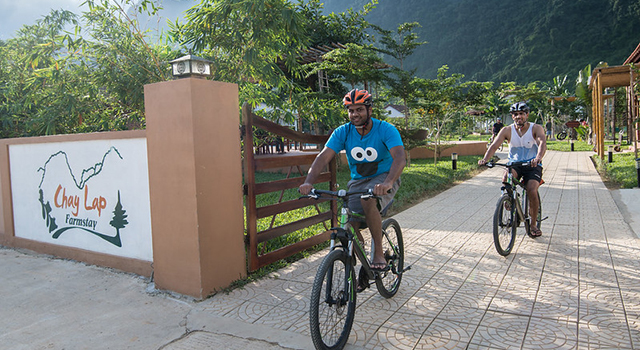
The community-based tourism area Bo Trach District, Quang Binh Province was first supported in 2001 by the GMS Sustainable Tourism Development Project. Photo by ADB.
The MIST program has been reimagined as “Mekong Innovations in Sustainable Tourism,” and shifts its focus to highlight innovations in sustainable tourism, resilience, and climate change in the Greater Mekong Subregion (GMS), aligned to the Sustainable Development Goals (SDGs). The Mekong Tourism Coordinating Office (MTCO) made the announcement and opened the latest round of nominations on 1 February 2021. MIST welcomes nominees from startups, established companies, government organizations, NGOs, academia, media, as well as individuals, students, and partnerships on initiatives that can be